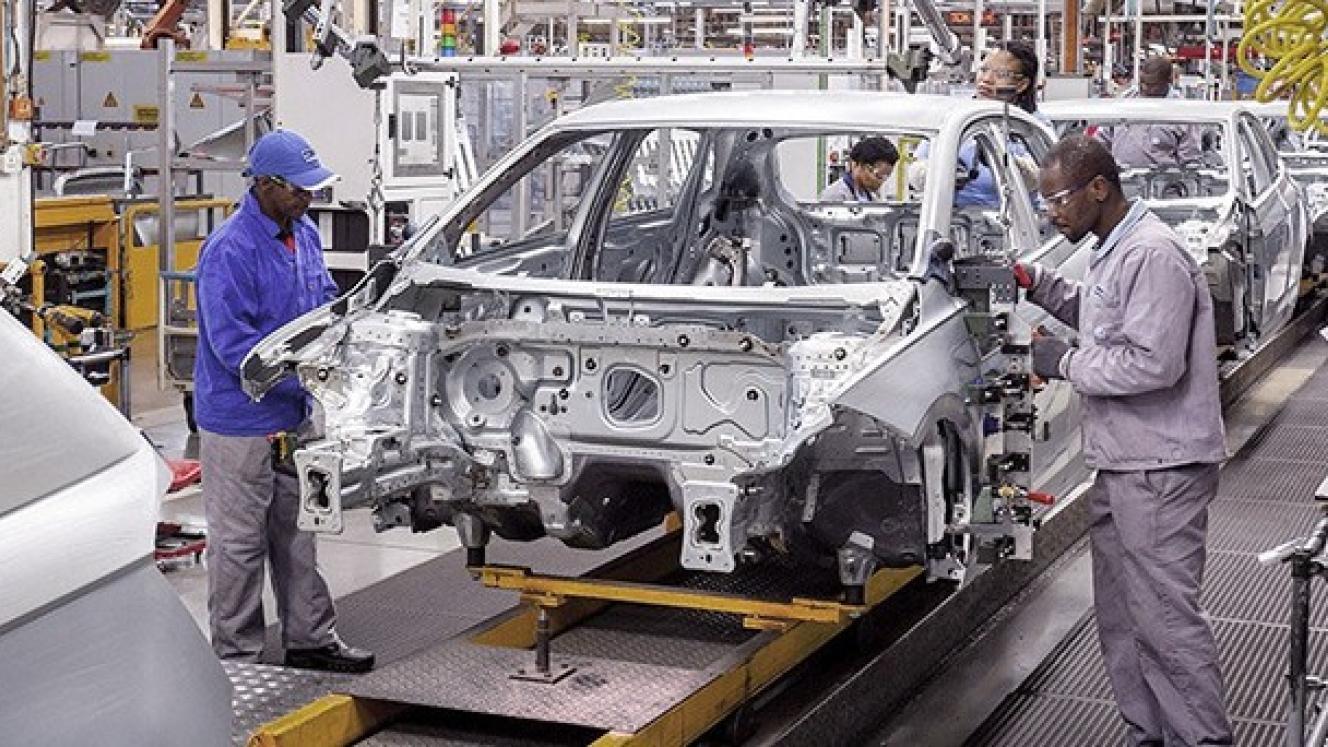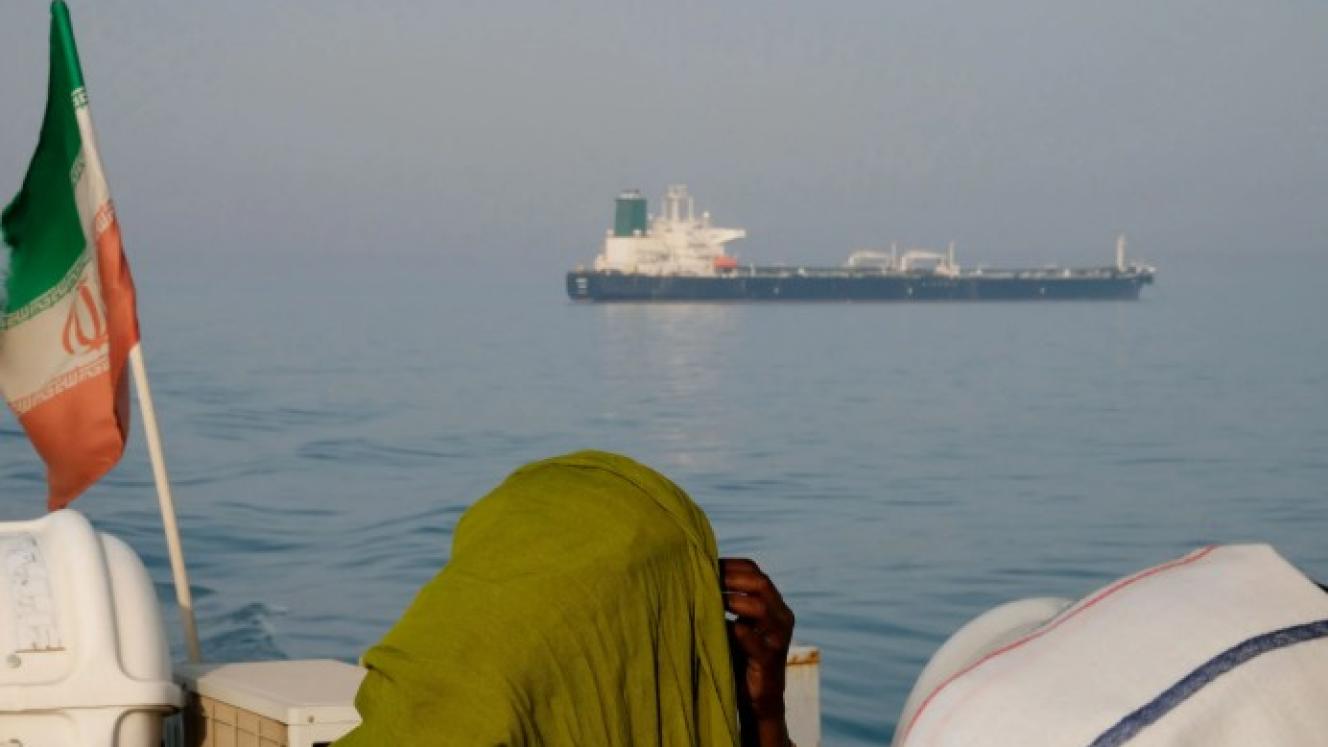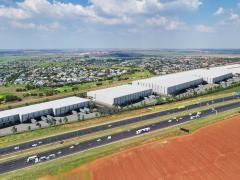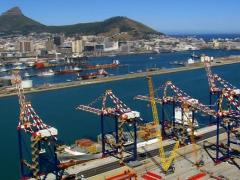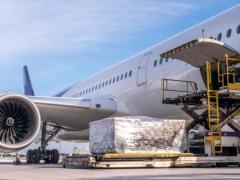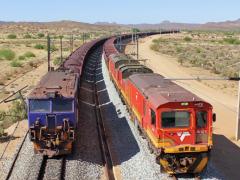South Africa’s automotive sector is facing a looming crisis as US President Donald Trump’s 30% tariff threatens to dismantle a decades-long trade partnership between the countries and plunge communities into joblessness.
This was the warning the Automotive Business Council (naamsa) sounded on Monday in response to the imminent implementation of the US tariffs on South African imports on August 1.
Naamsa said the sector had already recorded a devastating 73% drop in vehicle exports to the US in the first quarter of 2025, which had plummeted further to 80% and 85% in April and May, respectively.
The tariff, targeting automotive exports under Section 232 of the US Trade Expansion Act of 1962, strikes at an industry that accounted for 64% of Agoa trade in 2024, generating R28.6 billion in revenue for local manufacturers, who exported 24 681 vehicles to the US for the period.
“This is not just a trade issue – it’s a socio-economic crisis in the making. The US tariffs directly threaten thousands of jobs in our sector, disrupt hard-won industrial capabilities, and risk devastating communities such as East London, where the auto sector forms the economic heartbeat of the town,” naamsa CEO Mikel Mabasa said.
He added that there would be a ripple economic effect as Original Equipment Manufacturers (OEMs) faced production cuts and rising costs, potentially turning vibrant industrial hubs into ghost towns.
The strain extends across the value chain – component makers, logistics firms, and more than 110 000 formal sector jobs, which contribute 22.6% to manufacturing output, hang in the balance.
The sector’s lifeline, the US market, has been a cornerstone since Agoa’s inception, but the tariff blow now jeopardises future investment and industrial stability.
“The erosion of this trade threatens to unravel decades of socio-economic progress. We urge all parties to recognise the strategic and social importance of safeguarding mutually beneficial frameworks like Agoa.”
Mabasa said the association welcomed the government’s diplomatic efforts, including talks at the US-Africa Summit in Luanda on June 23 and its Framework Deal submitted on May 20.
“We urge both governments to accelerate negotiations toward a balanced, rules-based trade agreement. We are encouraged by early proposals for a quota of 40 000 duty-free vehicle units per annum, which would allow us to retain our footprint in this key market,” Mabasa said.
“It’s vital that we use this opportunity to preserve the business case for continued investment.”
He said the industry was exploring new markets amidst stiff global competition.
“Export diversification and finding new markets is not something that can be achieved overnight. Our global competitors are already redirecting their exports into markets we traditionally serve. This intensifies the pressure on our OEMs, who must now absorb rising costs, reduce production, and reconsider future investments.”
